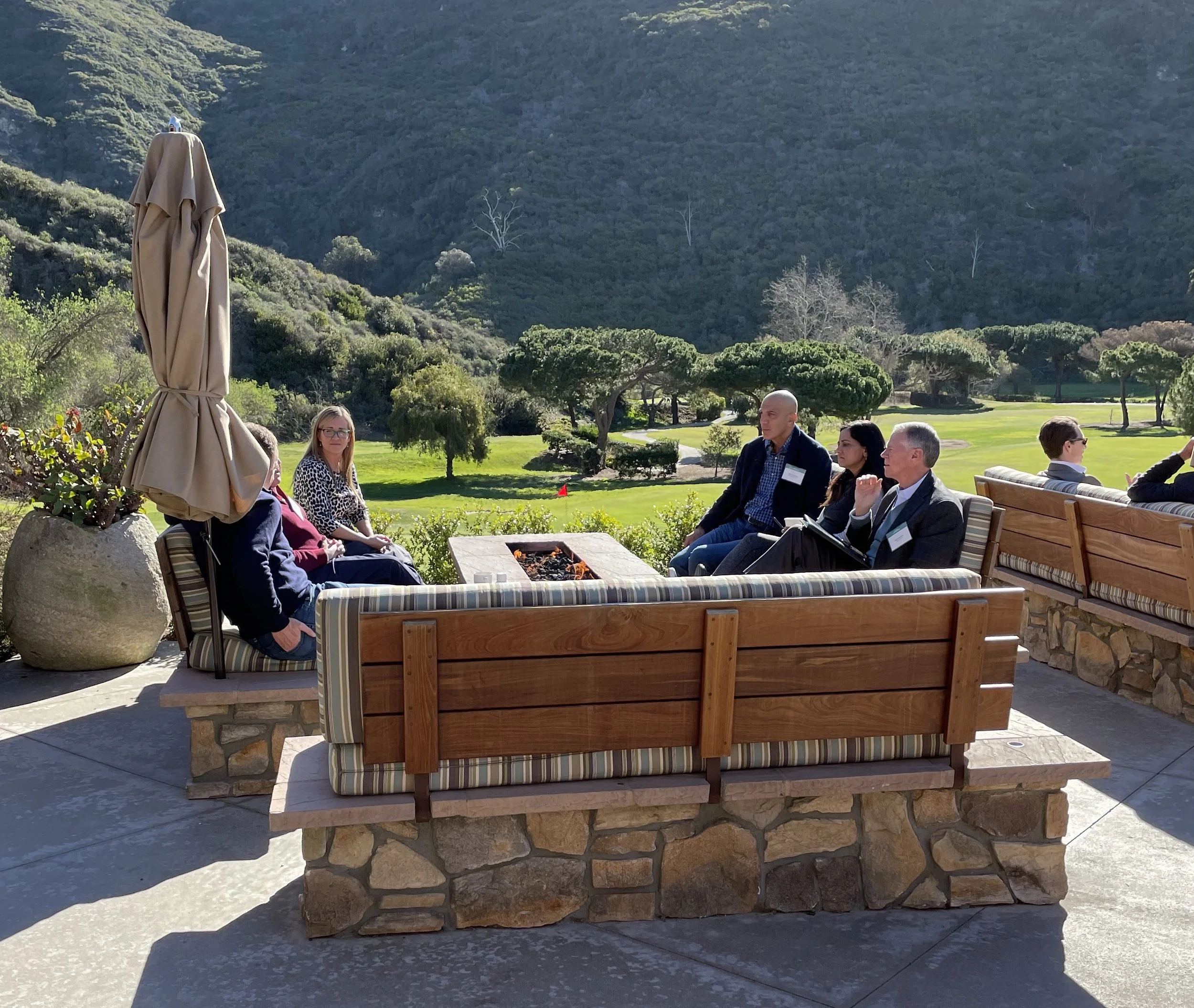Dr. Douglas A. Wilson is a New York Times best selling author, senior advisor to CEOs, and a thought leader on corporate purpose and business-led regional economic development. He is the acting Chair and Co-founder of the National Talent Collaborative, a CEO-led coalition of more than 30 U.S. regional impact groups closing the talent and opportunity gap by building pathways to good jobs.
Doug is also co-founder and former CEO and Chair of CEO Leadership Alliance Orange County (CLAOC), a working group of more than 60 Orange County CEO’s working collectively to help build a thriving OC for all. Doug is still active on the CLAOC Board of Directors.
“Change a life, change a community, change a country. We do this work one step at a time. We will get the job done because of the leaders in our National Talent Collaborative and their partnership with the CEOs and community and education leaders in their regions. ”
Featured Thought Leadership
““The American Dream is still alive. The goal remains the same: a good-paying job, the ability to support your family, and a shot at long-term security. But today, a new vision is taking shape—one rooted in skills, not only degrees. The path to achieve the dream is changing. ””







